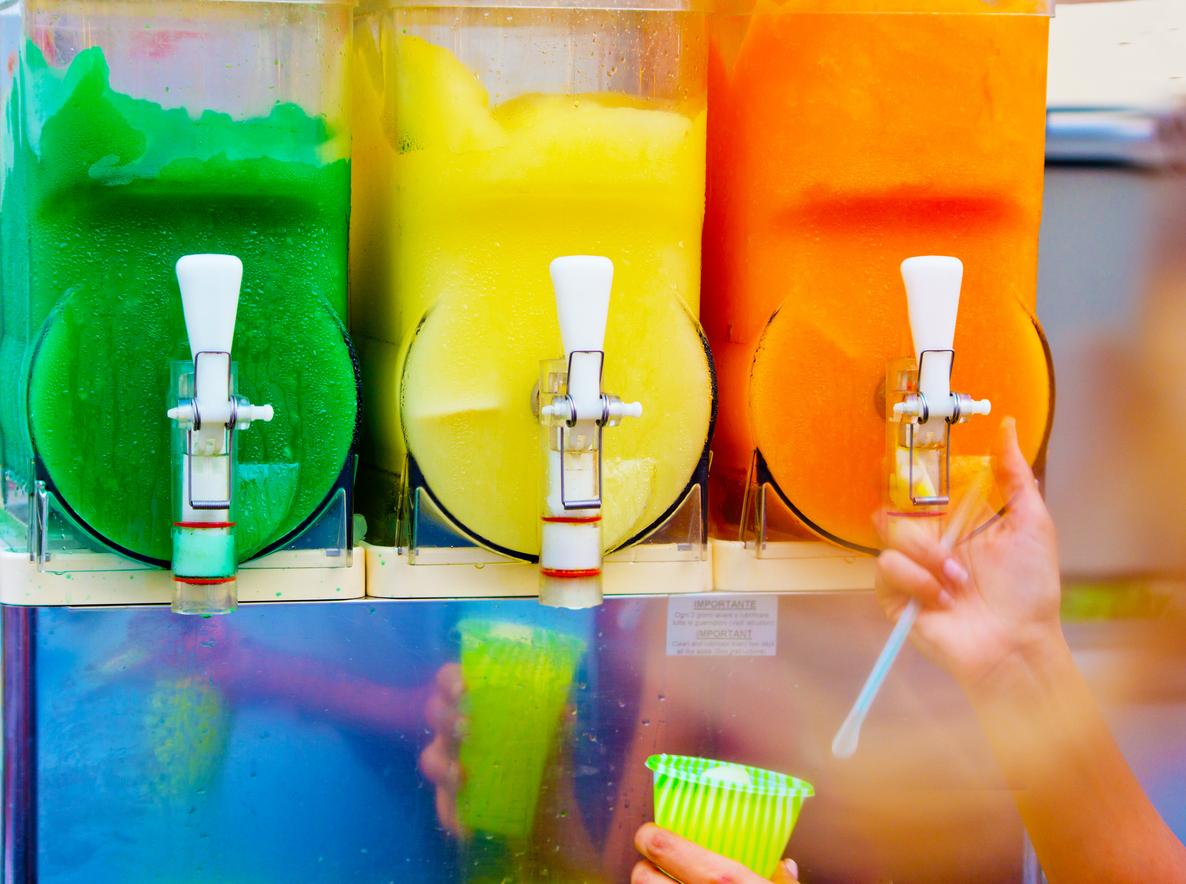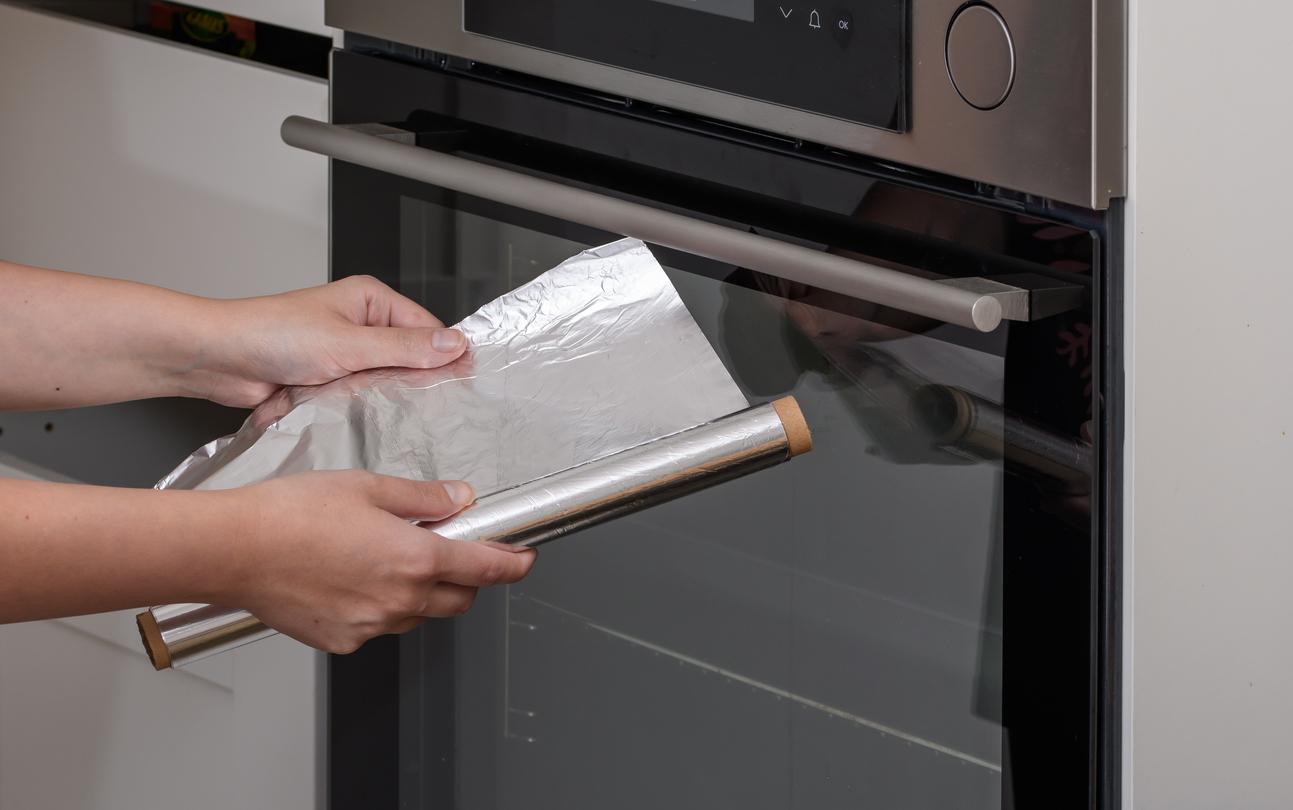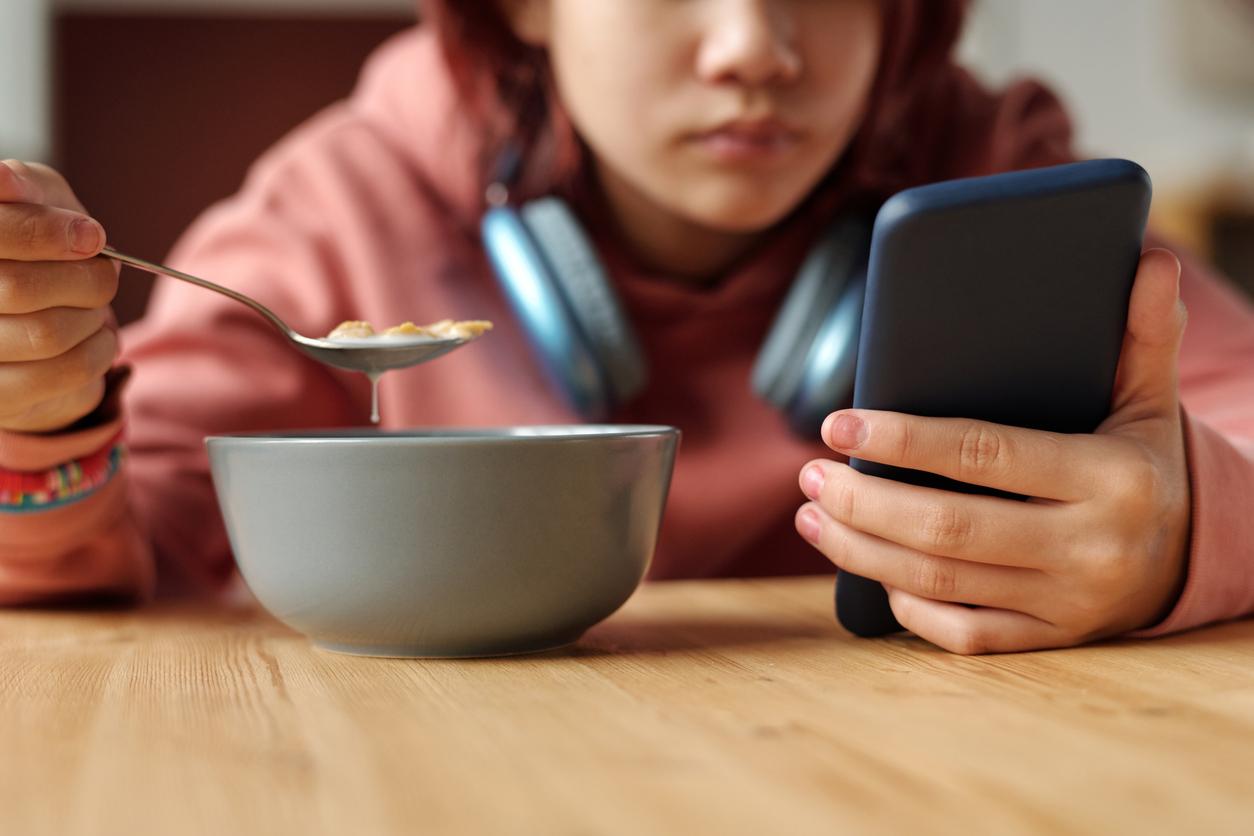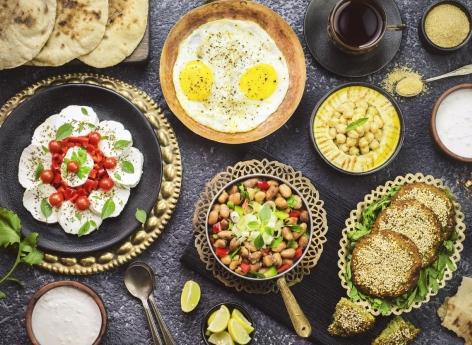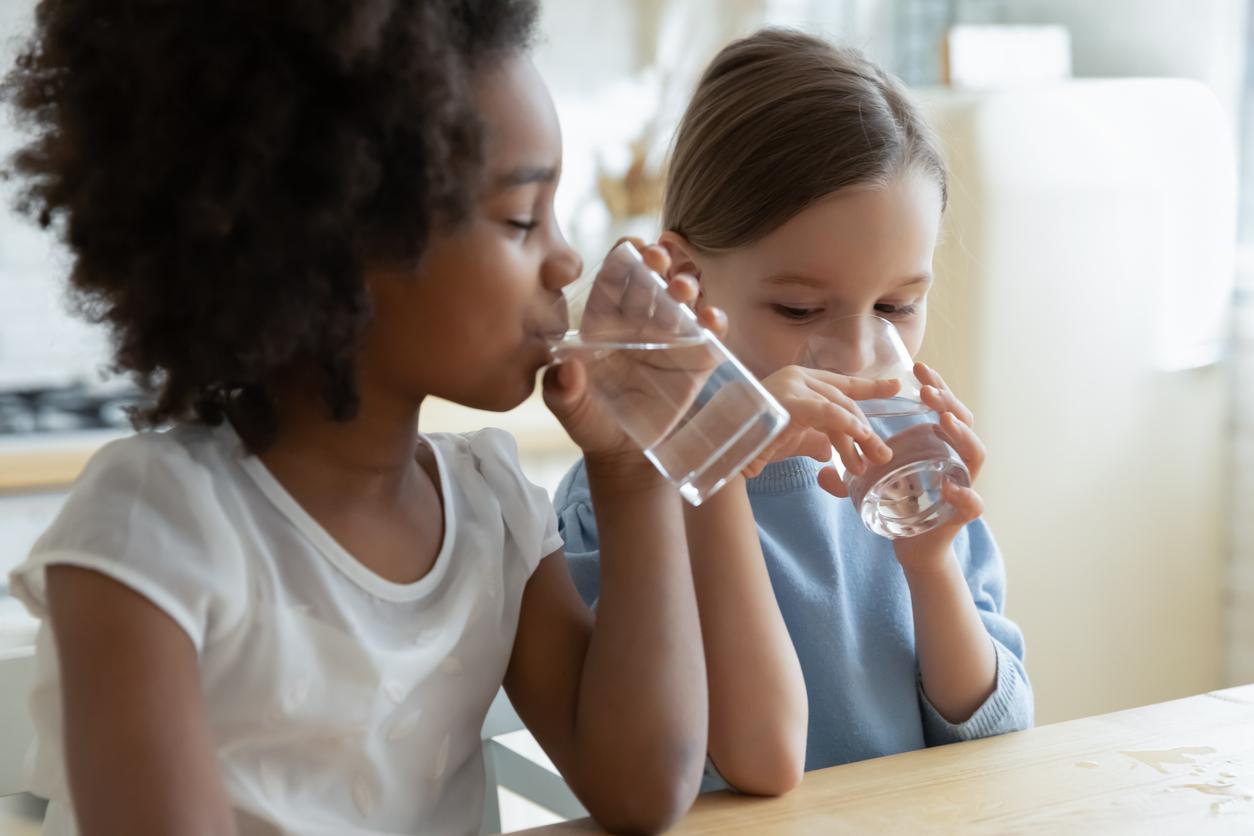An American study assessed the quality of products sold in supermarket checkout lanes. A majority of the foods and drinks on offer are said to be unhealthy.
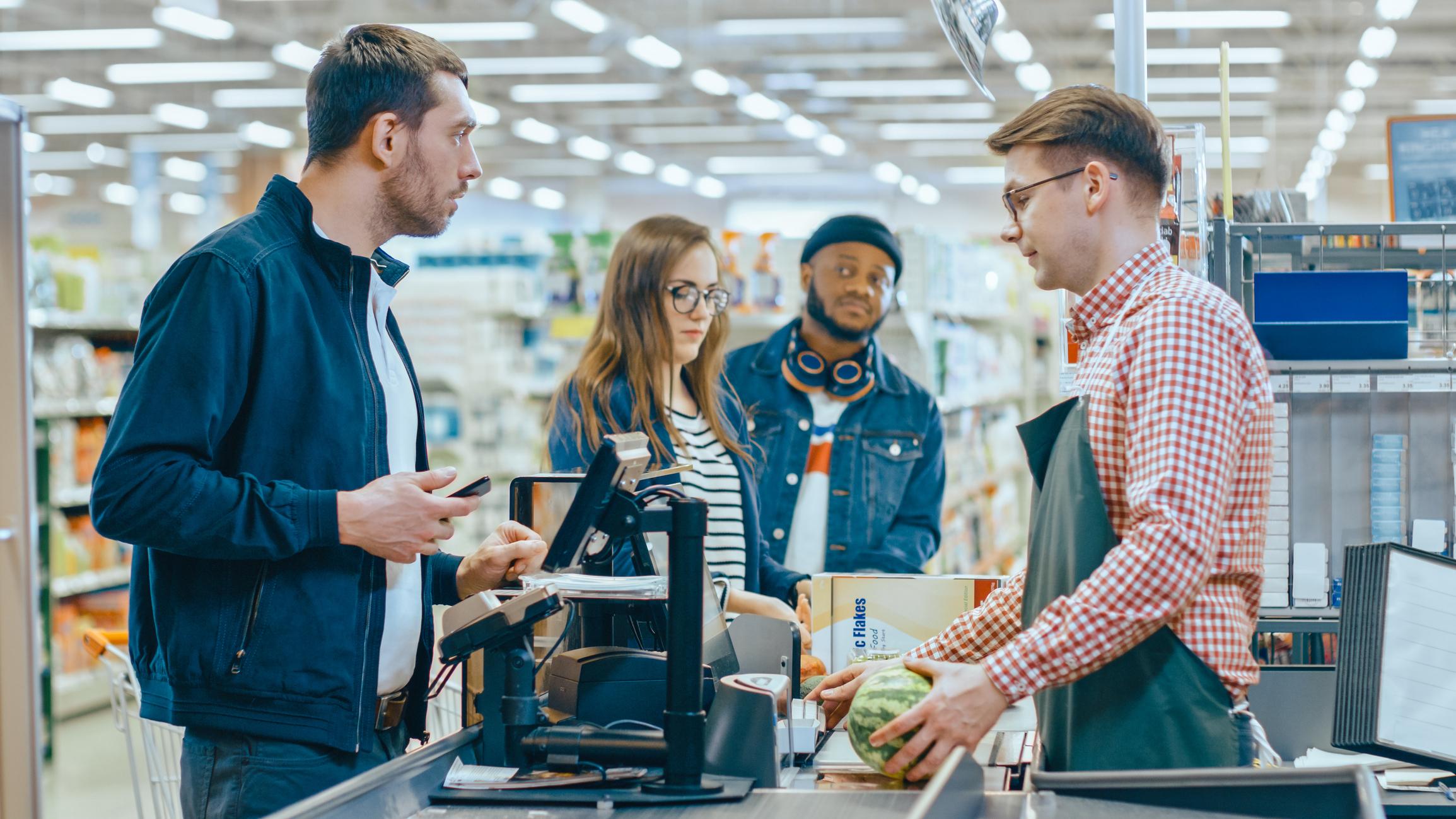
- The majority of products present at supermarket checkouts are bad for your health, according to a new American study.
- Nearly 31% of the products offered in the checkout lanes are sweets.
- Foods considered “healthy” are not very present near the checkouts.
A long queue stretches out in front of you at the supermarket checkout. While waiting, you see the snacks and sugary drinks placed on the displays. The temptation is strong to add a sachet to your shopping cart, in order to facilitate the wait. A study carried out in the United States and published in the journal Current Developments in Nutritionhowever, revealed that 70% of the products offered at the checkout are unhealthy.
A majority of unhealthy products sold at checkout
During the study, researchers from the University of California at Davis (USA) analyzed checkouts from 102 grocery stores in Davis, Sacramento, Oakland and Berkeley. Different types of stores were included in the study: supermarkets, grocery stores, specialty food stores, pharmacies and large stores.
According to their results, the majority of food and drinks offered at checkout are candies (31%), sugary drinks (11%), salty snacks (9%) and sweets (6%). Healthy products are much less frequent. Water represents 3% of food and drink choices, followed by nuts and seeds (2%), fruits and vegetables (1%), legumes (0.1%) and milk (0 .02%).
Checkout lanes influence consumer choices
As the researchers explained, checkout aisles are favored areas for food and beverage companies. In question ? The cash register is the only place where all customers go. Waiting also promotes impulse purchases.
“The checkout lane was designed this way through marketing deals, whereby food and drink companies pay stores to place their products, which are mostly bad for health, at the checkout”, said Jennifer Falbe, lead author of the study and associate professor in the Department of Human Ecology at the University of California. Checkout areas can therefore strongly influence consumer choices. In the future, the American team hopes that healthier products will be sold at the checkout.









